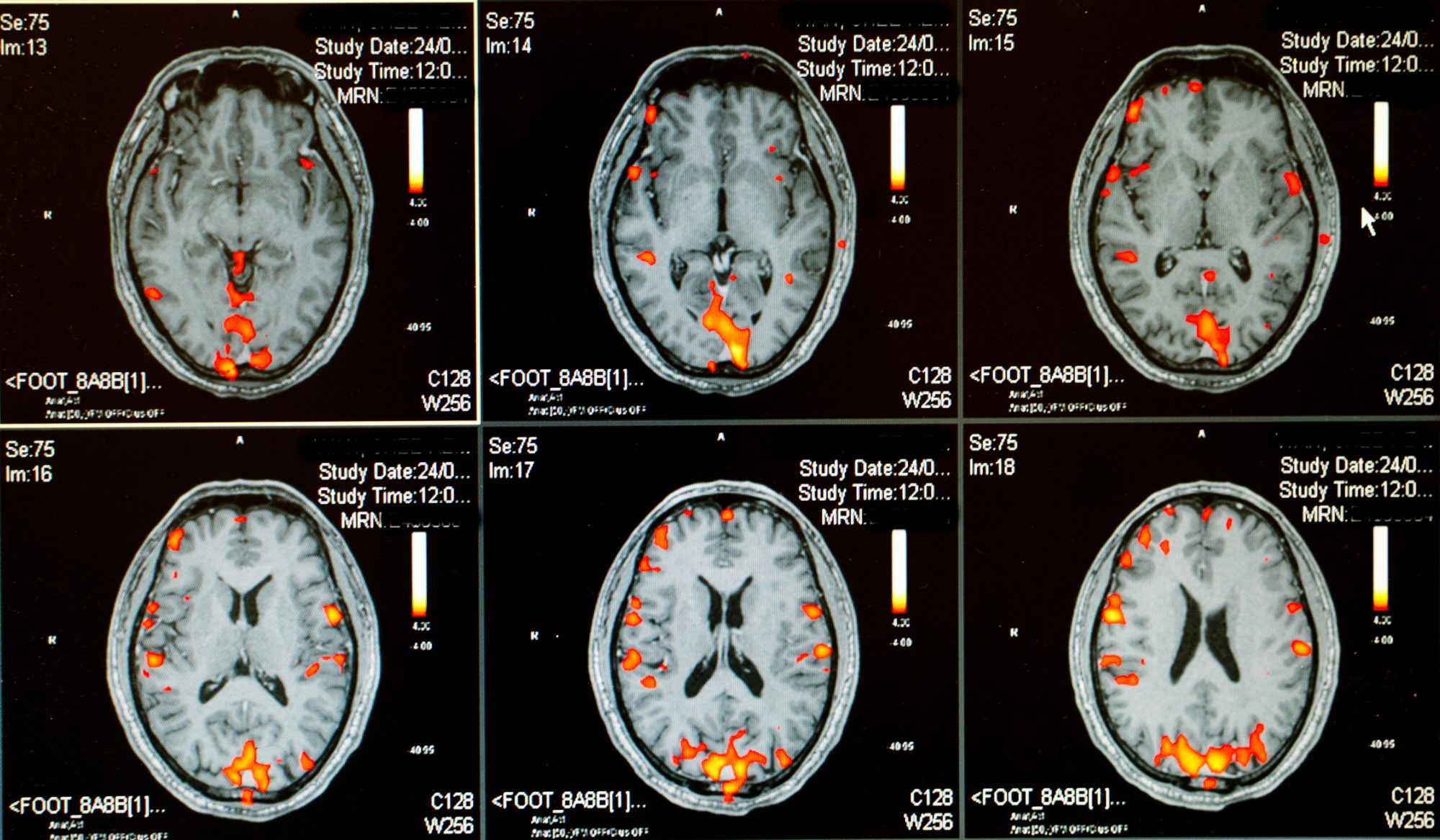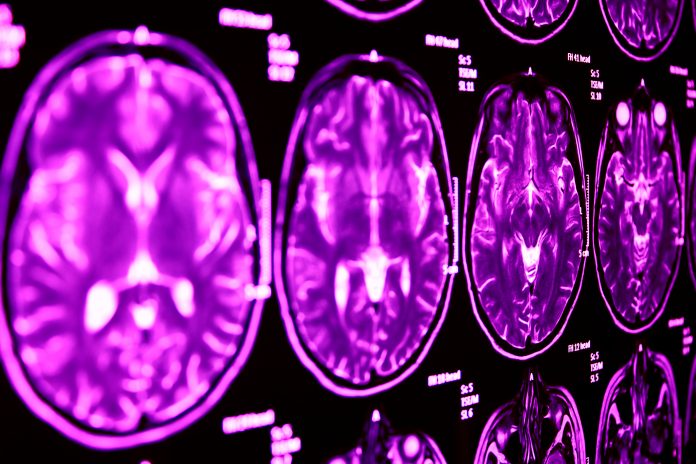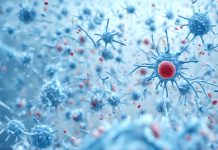According to NorthWestern Medicine, there are three different brain diseases that attack the language areas in the left hemisphere of the brain
These diseases slowly cause progressive impairments of language known as primary progressive aphasia (PPA) An estimated one in 100,000 people have PPA.
Dr M Marsel Mesulam, Director of Northwestern’s Mesulam Center for Cognitive Neurology and Alzheimer’s Disease and lead author, said: “We’ve discovered each of these diseases hits a different part of the language network.”
We’ve discovered each of these diseases hits a different part of the language network
“In some cases, the disease hits the area responsible for grammar, in others the area responsible for word comprehension. Each disease progresses at a different rate and has different implications for intervention.”
Previous Primary Progressive Aphasia (PPA) diagnosis
The initial symptoms of PPA can be subtle and sometimes attributed to anxiety or throat problems. The rare nervous system syndrome affects your ability to communicate. People with PPA can have trouble expressing their thoughts and understanding or finding words.
Even specialists may fail to make a diagnosis in a timely manner.
In 40% of cases of PPA, the underlying disease is a very unusual form of Alzheimer’s disease. These cases of Alzheimer’s are rare, because they impair language rather than memory. Sadly, they can also start much earlier in life – particularly in those under 65.
For the other 60% of cases, the diseases causing PPA belong to an entirely different group of conditions called frontotemporal lobar degeneration (FTLD). Although most people have not heard of this, frontotemporal lobar degeneration conditions are responsible for about 50% of all dementias, that start before the age of 65. Fortunately, accurate diagnosis can now be achieved with new imaging and biochemical methods.
Using the 188 cases, this study by is based on the largest set of PPA autopsies ever assembled.
“The patients had been followed for more than 25 years, so this is the most extensive study to date on life expectancy, type of language impairment and relationship of disease to details of language impairment,” said Mesulam, also chief of behavioural neurology at Northwestern University Feinberg School of Medicine.

What are five brain diseases that attack language areas of the brain?
1. Alzheimer’s disease
This accounted for 42% of cases in the study.
Alzheimer’s is a type of dementia that affects memory, thinking and behaviour. Symptoms eventually grow severe enough to interfere with daily tasks, however in certain cases such as these, Alzheimer’s can impair language rather than memory.
Symptoms may include:
- Memory loss.
- Poor judgment leading to bad decisions.
- Loss of spontaneity and sense of initiative.
- Taking longer to complete normal daily tasks.
- Repeating questions.
- Trouble handling money and paying bills.
- Getting lost.
- Losing things or misplacing them in odd places.
2. Corticobasal degeneration (cbd) and Progressive supranuclear palsy (PSP)
This accounted for 24% of cases.
CBD is caused by increasing numbers of brain cells becoming damaged and or dying over time. Those who suffer from this rare condition may experience worsening problems with movement, speech, memory and swallowing.
The top symptoms of Corticobasal degeneration are:
- Difficulty controlling your limb on one side of the body – a “useless” hand)
- Muscle stiffness
- Shaking (tremors), jerky movements and spasms (dystonia)
- Problems with balance and co-ordination
- Slow and slurred speech
- Symptoms of dementia, such as memory and visual problems
- Slow, effortful speech
- Difficulty swallowing
3. Pick’s disease neuropathology
This disease was responsible for 10% of cases.
Pick’s disease is a kind of dementia similar to Alzheimer’s but far less common. It impacts the parts of the brain that control emotions, behaviour, personality, and language. This falls under the category of frontotemporal lobar degeneration (FTLD).
According to Healthline, Picks disease symptoms can make an individual:
- Act aggressively toward others
- Be uninterested in everyday activities
- Be very aware of everything you do all the time
- Feel irritable or agitated
- Have drastic and quick mood swings
- Have trouble with unplanned activities
- Make rash decisions
- Say and do inappropriate things
Neurological changes such as the few listed below are also to be expected:
- reduced writing or reading skills
- echoing, or repeating what’s been said to you
- inability to speak, difficulty speaking, or trouble understanding speech
- shrinking vocabulary
- accelerated memory loss
- physical weakness
The final two brain diseases included in the research were Transactive Response DNA binding proteninopathy type A and type C, that accounted for 10% and 11% of cases respectively.

Understanding brain diseases means correct therapies and medicines are prescribed faster
According to the authors, once the underlying disease is diagnosed, there are many different approaches at a disease level (medication) and symptomatic level.
“The trick is to approach PPA at both levels simultaneously,” Mesulam said.
If Alzheimer’s disease is the cause, a patient can be treated with medication and channelled into clinical trials. At the symptom level, an individual who has difficulty with grammar and word finding can receive targeted speech therapy. People with word comprehension would receive a different type of speech therapy or, perhaps, transcranial magnetic stimulation, which seems to work best for this particular deficit. Anxiety around word finding can be treated with anti-anxiety medication and behavioural therapy.
The next step in the research is to improve diagnostic accuracy through new biomarkers in order to identify if a patient’s PPA is caused by Alzheimer’s disease or FTLD.
Northwestern scientists also want to find pharmacologic treatments suitable to each disease underlying PPA and individualise interventions. Another goal is to design symptomatic non-pharmacologic interventions based on the nature of the language impairment.








